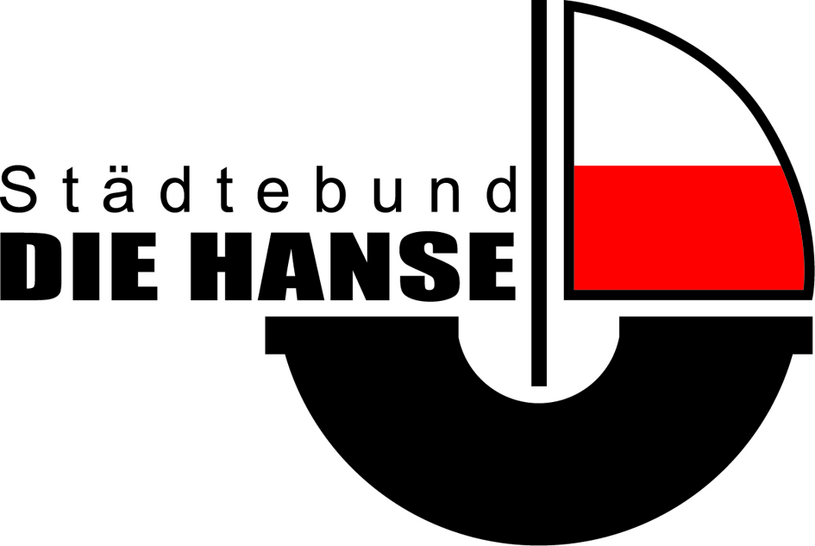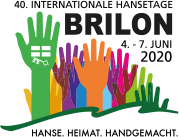
In the middle of the 13th century, the Low German merchants joined forces in the Hanseatic League to pursue their economic interests and ply their wares. Up to 225 major and minor cities and towns belonged to this federation, as well as some of the leading trading companies around the whole of the North Sea and the Baltic. For over 400 years, the Hanseatic League shaped and significantly determined the economy, trade, and politics until it lost its importance in the middle of the 17th century.
Today, the Hanseatic League is filled with life again. Revived in the Dutch town of Zwolle in 1980, the “new” League has made it its mission to keep the Hanseatic spirit alive, fostering a cultural society and partnerships between towns and cities. Through the cultivation of traditions and a lively exchange among its members, the Hanseatic League contributes significantly to the economic, cultural, social, and political unity of Europe.
The Hanseatic League of the Modern Era is the world’s biggest voluntary federation of communities, consisting of 195 member towns and cities from sixteen countries.
For further information go to www.hanse.org.
